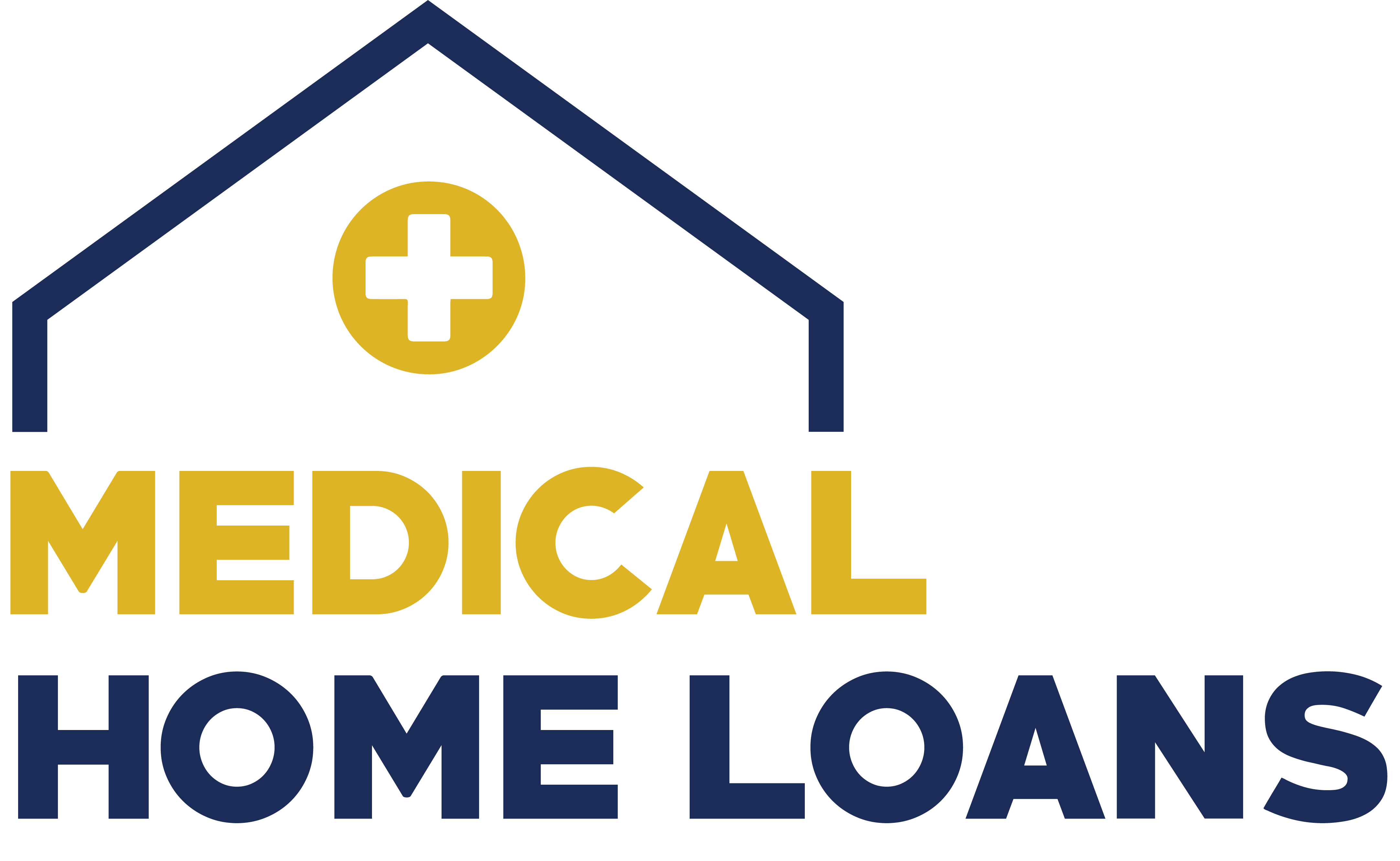History of the FHA (Federal Housing Administration:
The FHA is a cornerstone of the American mortgage system and is broadly considered one of the American government’s greatest success stories.
In 1934, with the Great Depression in full force, mortgages came to a complete stand-still. In response, Congress created FHA mortgage insurance premiums to encourage builders and private creditors to get back in the swing of things.
 Since FHA came about, there have been many face lifts to the program. If you were to ask me where FHA is at this point in time, the best way I can explain it is that it’s the Obamacare of the mortgage world. Though the rate itself might be slightly different from lender to lender, the mortgage insurance premium itself is the exact same through all credit classes. I.e. Someone that has a 500 FICO score pays the exact same amount of mortgage insurance as someone that has an 800 FICO score.
Since FHA came about, there have been many face lifts to the program. If you were to ask me where FHA is at this point in time, the best way I can explain it is that it’s the Obamacare of the mortgage world. Though the rate itself might be slightly different from lender to lender, the mortgage insurance premium itself is the exact same through all credit classes. I.e. Someone that has a 500 FICO score pays the exact same amount of mortgage insurance as someone that has an 800 FICO score.
Wait a second – why should someone with a 500 FICO score pay the same amount as someone that’s earned an 800 FICO score? My answer: BINGO! FHA is at a point where they have equally spread out the risk of the highest risk borrowers with the lowest risk borrowers equally. Thus, if you have a 500 FICO, you’re making out like a bandit. If you’re the one with an 800 FICO score….you may want to rethink going FHA.
It’s a little more complex than I made it sound above since there are other factors involved, so let’s take a look at the pros and cons:
Pro’s of an FHA loan:
Low FICO scores allowed: Yes! Believe it or not, some lenders will go all the way down to a 500 credit score on this product (Though most are at 600 or a 620 score)
Adverse credit events allowed: FHA allows borrowers to qualify for a loan with them in as little as 1-2 years after a bankruptcy, depending on the type. The most aggressive conforming lenders require at least 4 years after an adverse credit event.
Low down payment requirement: FHA allow you to make as little as a 3.5% down payment, which can also be supplemented by some down payment assistance programs as well.
Higher debt-to-income (DTI) ratios allowed: While conforming loans are generally limited to around a 45% ratio, FHA will allow a whopping 56.99% DTI.
Rates could be better: Just because they COULD be better, doesn’t mean they necessarily are. FHA rates can fluctuate from normal interest rates since they are traded under their own bond coupon. Sometimes they can be better, sometimes they are worse, but generally they’re in the same vicinity as a conventional loan.
Streamline refinances: If rates drop, lenders can do what’s called a streamline refinance for you. This would allow you to waive the appraisal requirement if you have suddenly become upside down on the home as well avoid any sort of DTI issues that may arise as well.
Con’s of an FHA loan:
Mortgage insurance: Even with the recent reduction in mortgage insurance requirements, you  would still have to pay an extra $229 per month just to protect your lender from you defaulting on the loan.
would still have to pay an extra $229 per month just to protect your lender from you defaulting on the loan.
Loan limits: Maximum loan limits for FHA are usually less than many traditional Fannie/Freddie backed loans. Be sure to check your county loan limits if you are looking into an FHA loan.
Stricter property standards: FHA has their own set of requirements for the home your buying. Generally, this would keep you from being able to buy any fixer-upper type of properties.
Up front Mortgage Insurance Premium (MIP): Yes, this is different than the mortgage insurance above! At closing, FHA will sneak in another 1.75% of your loan amount and just add it on top of your loan. That means your 500k mortgage above, is really going to be $508,750 after you close since it’s not normally paid up front. WOW!
Mortgage Insurance is permanent: If you put less than 10% down on your home, the only way to get rid of mortgage insurance is by refinancing with 20% equity or refinancing into another program that doesn’t require it.
Is FHA right for me?
FHA absolutely still has its place in real estate. If you have a lower FICO score, adverse credit and are close on your debt-to-income requirements, you’re probably a good candidate for FHA.
close on your debt-to-income requirements, you’re probably a good candidate for FHA.
If you don’t fall into any of the above categories and you’re on this site, the chances are the best option is going to be to get a Medical Home Loan or Physician Loan. Below is a side-by-side comparison of what the difference in your payment will be:
| Loan Program | FHA 30-year fixed | Medical Home Loan |
| Purchase Price | $525,000 | $525,000 |
| Loan Amount 1st Mtg | $ 508,500 | $ 500,000 |
| Interest Rate 1st Mtg | 6.000% | 6.000% |
| Monthly Principle/Interest | $3,048.71 | $2,997.75 |
| Property Taxes/Monthly | $ 546.88 | $ 546.88 |
| Homeowners Insurance | $ 100.00 | $ 100.00 |
| Mortgage Insurance | $ 233.06 | $ – |
| Total Monthly Payment | $3,928.65 | $3,644.63 |
* Loan amount for FHA assumes rolling in the up front MIP required by FHA
** The payments above are strictly illustrations. Please reach out for an accurate quote based on your own personal scenario.







